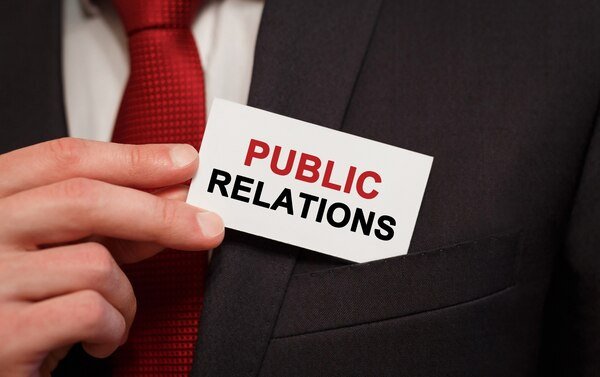The Future of Public Relations in the Digital Age
Public relations (PR) has always been a dynamic field, evolving alongside societal changes and technological advancements. As we navigate the digital age, PR is undergoing yet another transformation, reshaping the ways in which organizations connect with their audiences and manage their reputations.

The Evolution of PR in the Digital Landscape
Initially, PR relied heavily on traditional media outlets such as newspapers, radio, and television to disseminate information. Press releases, media kits, and public events were the primary tools used to gain visibility and influence public opinion. However, the advent of the internet and social media has democratized information dissemination, allowing organizations to bypass traditional media gatekeepers and engage directly with their audiences.
Social Media as a Game-Changer
Social media platforms like Facebook, Twitter, LinkedIn, and Instagram have revolutionized PR. These platforms enable real-time communication, providing organizations the ability to respond promptly to both positive and negative feedback. This immediacy is invaluable for reputation management, allowing companies to address issues before they escalate into crises.
Moreover, the vast amounts of data generated by social media interactions offer PR professionals insights into public sentiment, preferences, and behavior. With this data, PR campaigns can be more precisely targeted and tailored to specific demographics, increasing their effectiveness.
The Rise of Influencer Partnerships
Influencer marketing has emerged as a powerful PR tool in the digital age. Influencers, who have amassed large followings on social media, can lend credibility and reach to brands. By partnering with influencers whose values align with their own, organizations can access new audiences in an authentic and relatable way. This method often proves more persuasive than traditional advertising, as followers tend to trust the recommendations and opinions of influencers they admire.
Content is King
In the digital age, content creation has become a cornerstone of effective PR. High-quality, engaging content not only attracts attention but also fosters long-term relationships with audiences. Blogs, videos, podcasts, and infographics are just some of the formats that can convey an organization's message compellingly. Additionally, search engine optimization (SEO) ensures that this content reaches a broad audience by improving its visibility in search engine results.
Crisis Management in the Digital World
While the digital landscape offers numerous opportunities, it also presents unique challenges, particularly in the realm of crisis management. News, both accurate and misleading, can spread rapidly online, necessitating a swift and strategic response. PR professionals must be adept at navigating these situations, utilizing digital tools to monitor developments and communicate transparently with stakeholders.
The Importance of Analytics
Data analytics play a crucial role in modern PR, enabling professionals to measure the impact of their campaigns quantitatively. Metrics such as engagement rates, website traffic, and media mentions provide insights into what is working and where adjustments are needed. This data-driven approach allows for continuous improvement and more effective resource allocation.
Ethical Considerations
As PR continues to adapt to the digital age, ethical considerations remain paramount. Transparency, honesty, and integrity are crucial in maintaining public trust. The temptation to manipulate information or engage in misleading practices can be high, but the long-term consequences of such actions are typically detrimental. Ethical PR practices build sustainable relationships with audiences and enhance an organization's reputation over time.
The Future Outlook
Looking ahead, PR will likely become even more intertwined with technology. Artificial intelligence (AI) and machine learning are poised to transform various aspects of PR, from automating routine tasks to predicting public sentiment trends. Virtual reality (VR) and augmented reality (AR) could offer immersive ways to engage audiences, while blockchain technology promises greater transparency and security in data sharing.
In conclusion, the digital age presents both opportunities and challenges for public relations. To thrive, PR professionals must embrace new technologies, stay agile, and uphold ethical standards. By doing so, they can effectively manage reputations, engage with audiences, and navigate the ever-evolving digital landscape.